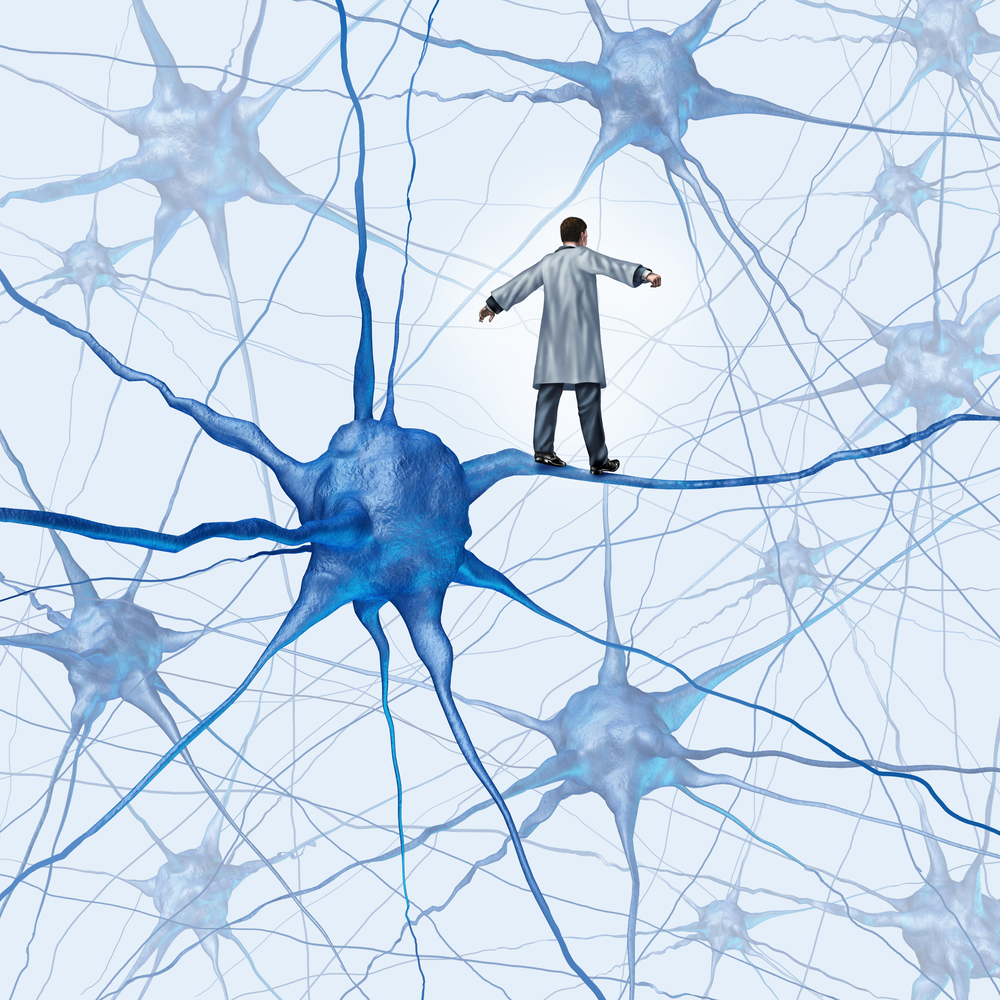The confusion between experience and expertise
Those who believe that they have acquired more and more knowledge through more experience and are therefore experts are mistaken. Only those who try something new and learn something new can mature into experts.

Many believe that more experience leads to more knowledge and more competence. This is not necessarily the case. If a person always uses the same knowledge and routines, then the person only becomes more experienced, but not an expert. Consultants who always implement the same type of projects become better at implementation, but not necessarily more competent. To become an expert, two things are important:
- First: consciously try out different things, and
- Second: to learn specifically from the results.
Non-experts
Take such a trivial example as the use of office packages. Most users are very familiar with the programs and can process their tasks quickly and with good results. Does this mean that these users are experts? Not at all. Most users know only a few functions and do not know how they could solve their tasks in another way, sometimes with considerably higher efficiency. Because the usual procedure works sufficiently well, nothing new is tried out and nothing new is learned. The supposedly positive feedback that such people receive misguides them. They believe they are competent and have everything under control. The experience that "things are going so well" leads to an illusion of control, an overestimation of one's own abilities and can contribute to disproportionate self-confidence.
Experts
In contrast, experts are constantly learning by systematically testing new possibilities and learning from the results, the successes and failures. The feedback shows which approaches are successful and which are not. They also allow us to see what other factors contribute to success. Take outstanding musicians, for example: they have not only undergone a very long training, during which they have usually specifically sought the critical feedback of other outstanding musicians. Rather, they are constantly trying out new possibilities. They experiment with how they could interpret a piece differently and perhaps even better or more interestingly. The fact that they are masters of their craft does not mean that they rely on the tried and true. Because they always expose themselves to the possibility of failure, they learn what makes them successful and where their limits lie. This reduces the danger of overestimating their own abilities and clinging to an illusion of control.
Thinking Traps
Thought traps are a consequence of how we perceive, think, learn, and feel. They result from our mental processes. As a rule, we are not aware of these processes, which is why it is usually not recognizable in everyday life when we maneuver ourselves into a thinking trap. Knowing the phenomena of a planning error and the illusion of control, and knowing that people systematically overestimate themselves does not protect them from the thinking traps. How good do they think they are at their job? My guess is that most rate themselves as average to above average. What influence do you have on your work results? Most probably assume a great to complete influence. Then please visualize the influence your supervisor and their customers have on what you do and how they evaluate your work results. How much of an expert do you think they are in their field of work? Then please ask yourself when was the last time they tried a new approach, a new way of doing things, even though they were skeptical.
In order to recognize thinking traps and avoid them, we have to actively question ourselves and our actions again and again.









